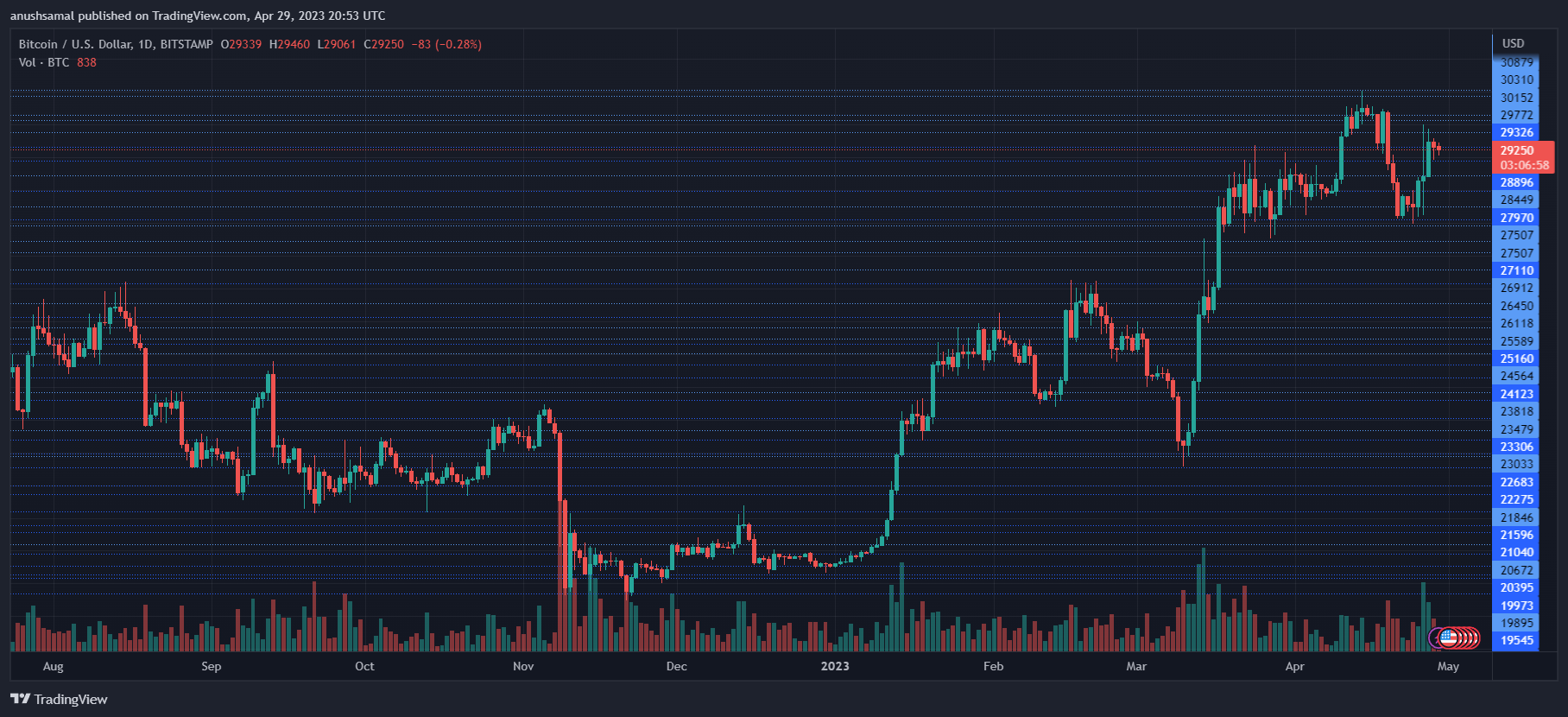India to shape future of crypto regulation at G20 summit

India recently took over the presidency of the G20, giving India an opportunity to showcase its leadership to the world. The G20 is an organization that works to address critical issues related to the global economy, including international financial stability, combating climate change and sustainable development.
The G20 Summit is an important moment in India’s history and is expected to have a far-reaching impact on how future regulations and advancements in cryptocurrency will be shaped both in India and around the world.
The G20 summit represents a crucial moment for world leaders to engage in a meaningful conversation about the regulation and growth of the cryptocurrency sector.
With representatives from major economies such as the US, China and the EU, the G20 is uniquely positioned to promote global cooperation on this important issue.
This is a unique opportunity to discuss the challenges and opportunities of the rapidly evolving world of cryptocurrencies, including their impact on the global economy and financial stability.
As one of the fastest growing economies in the world, India’s role in shaping the future of the cryptocurrency sector is significant. By participating in the G20 summit, India can contribute to the development of global guidelines and regulations that will shape the future of this rapidly evolving industry.
Conversation about crypto in the G20
The Indian government is taking steps to regulate digital assets through two important initiatives. Firstly, it is in the process of introducing dedicated legislation known as the Cryptocurrency and Regulation of Official Digital Currency Bill.
Second, digital assets, including cryptocurrencies and NFTs, have been included in India’s tax regime following the House of Commons decision during the 2022 budget.
The G20 has different tracks to operate. The most significant are the Sherpa Track and the Finance Track. The Sherpa track has 13 working groups and 2 initiatives to talk about priorities and give advice.
The finance track is the most important for the (Virtual Digital Assets (VDA)/crypto ecosystem. It includes evaluating the risk of crypto-assets and policies, and it is under the Financial Sector Issues working group.
The government has brought crypto under the Prevention of Money Laundering Act (PMLA), which requires digital asset platforms to follow anti-money laundering standards for banks and stockbrokers.
Riding the wave of global trends
This is in line with the global trend. The Indian G20 presidency has proposed a technical document from the International Monetary Fund (IMF) and the Financial Stability Board (FSB) to aid global policy-making on crypto-assets.
Crypto, alternative payment and savings products may have similar functions to bank accounts and debit cards, but they are easier to obtain as they only require a functional crypto address to send and receive transactions.
India already has high crypto adoption rates compared to other G20 countries. In fact, according to a survey, 8% of respondents in India reported owning Bitcoin (BTC).
A successful G20 summit could encourage member states to have consistent regulations for the cryptocurrency industry. Having a harmonized set of policies can reduce risks such as money laundering and terrorist financing while promoting innovation and competition. This could be historic for the crypto industry in India.

Featured image from ET Edge Insights, chart from TradingView.com
























